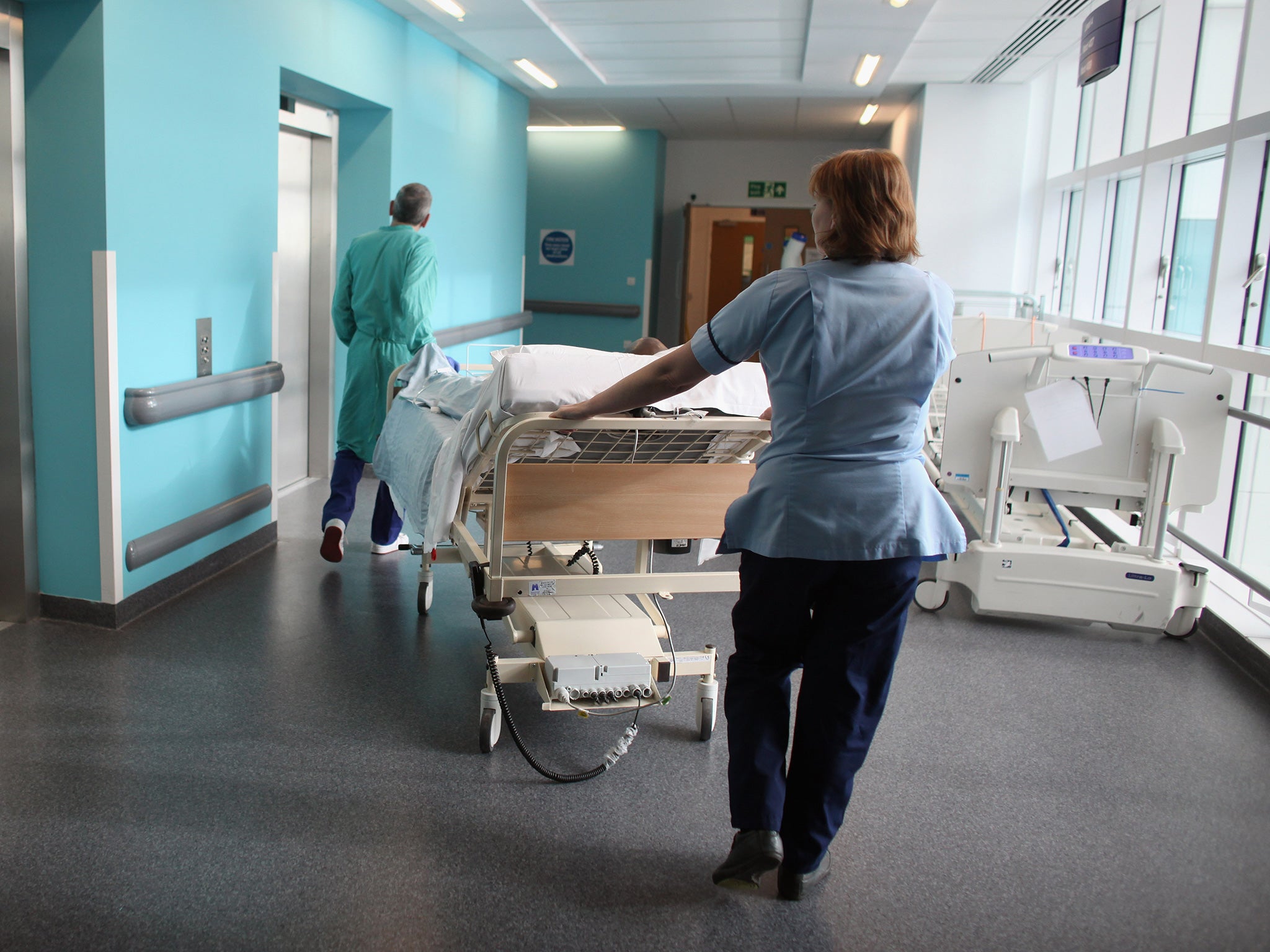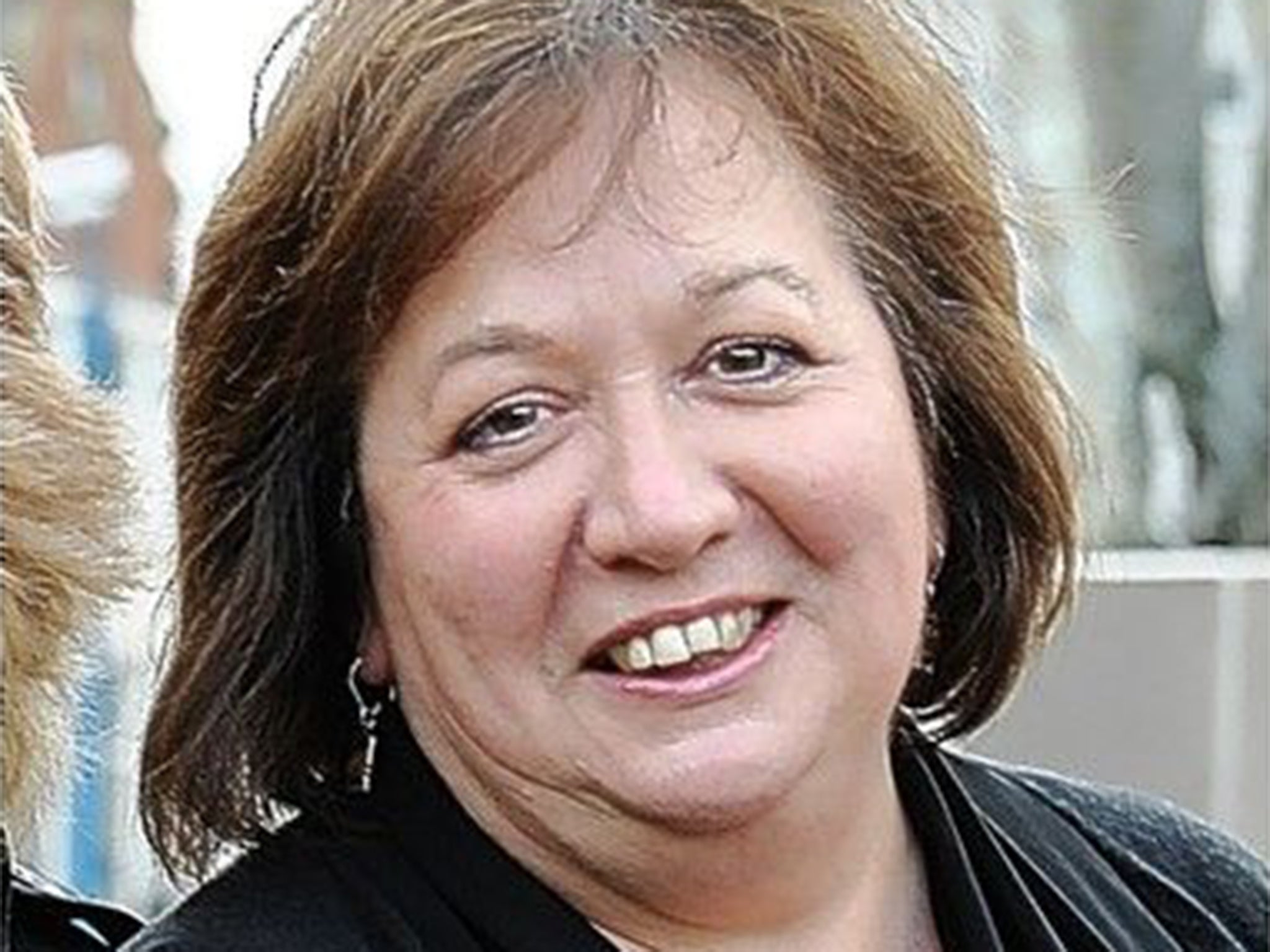Most patients turning down the chance of free private treatment on the NHS, says research
In some parts of the country, such as West Yorkshire, not a single patient chose to go private

Your support helps us to tell the story
From reproductive rights to climate change to Big Tech, The Independent is on the ground when the story is developing. Whether it's investigating the financials of Elon Musk's pro-Trump PAC or producing our latest documentary, 'The A Word', which shines a light on the American women fighting for reproductive rights, we know how important it is to parse out the facts from the messaging.
At such a critical moment in US history, we need reporters on the ground. Your donation allows us to keep sending journalists to speak to both sides of the story.
The Independent is trusted by Americans across the entire political spectrum. And unlike many other quality news outlets, we choose not to lock Americans out of our reporting and analysis with paywalls. We believe quality journalism should be available to everyone, paid for by those who can afford it.
Your support makes all the difference.Most patients are turning down the chance of free private treatment on the NHS, according to research released. Government statistics, obtained in response to a Freedom of Information request, reveal that where people are offered the choice of going private, 64 per cent decide not to.
The figures, for Clinical Commissioning Groups (CCGs) across England in 2013/14, show that in 105 out of the 165 “Any Qualified Provider” (AQP) programmes where people get a choice of NHS or private treatment, the NHS is preferred.
In some parts of the country, such as West Yorkshire, not a single patient chose to go private. In Great Yarmouth and Waveney, Norfolk, eight out of 10 people having MRI scans choose the NHS over private companies. Nine out of 10 patients having treatment for foot and ankle problems in the Wirral choose not to take up the offer of private treatment. And 93 per cent of those having ultrasound scans at Burton hospitals in Staffordshire stay with the NHS.
The AQP reform, brought in under the Health and Social Care Bill in 2012, allows health commissioners to open up basic NHS services to private competition. These services include treatments in areas such as physiotherapy, dermatology, audiology, MRI scanning, counselling and other forms of and psychological therapy.

Yet, for the majority of patients, the reform is failing to offer greater choice. Of the 427 AQP schemes in England, only 165 – less than a third – actually offer a choice of providers from the public and private sectors.
And large numbers of patients are in effect being forced to go private even if they would rather be treated by the NHS. About half (215) of the AQP programmes in England fail to offer any NHS provider.
The statistics were obtained by the False Economy think-tank, commissioned by the TUC and Unison. “AQP has been an obvious waste of money. It has cost millions, created a lot of confusion and it is clear that patients are not interested. What they want is to be treated by the NHS, not providers they’ve never heard of, or trust,” said Christina McAnea, head of health for Unison.
The fact that many CCGs have failed to offer a choice of providers shows how “unnecessary” the change has been, she added. “We urge the Government to drop these pointless and damaging experiments and allow the money saved to be spent improving patient services.”
Join our commenting forum
Join thought-provoking conversations, follow other Independent readers and see their replies
Comments